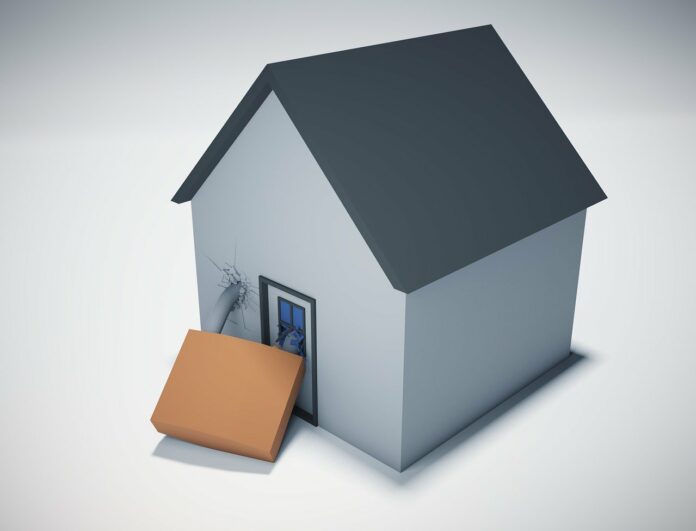You might know the term “house arrest.” Probably you know the general idea. You may not know about this concept’s finer points, though.
We’ll talk about it in detail now. We’ll explain why house arrest can be a beneficial sentence, and we’ll go over how you can likely secure this condition before a criminal trial.
What Does House Arrest Mean?
First, let’s make sure you know what house arrest means. House arrest means you faced criminal charges, or possibly you still face them. A judge might say you must respect a house arrest sentence before you go through a criminal trial, or they may say you must endure house arrest following a conviction.
As the term implies, if you’re under house arrest, you must stay at home, or perhaps you must remain with a relative or in some other local locale the judge stipulates. You can’t leave, for the most part, though you can sometimes go out and come back if you need certain things.
For instance, maybe you can leave the house and hit the grocery store, but you must return right afterward. Perhaps you can visit your children under supervision. You might leave because you have a court date, or the judge might say you can attend a funeral, wedding, or other special event.
When Might You Receive House Arrest?
If a judge feels you won’t harm anyone while you’re in the outside world, they might suggest house arrest. If a judge thinks you have violent tendencies, on the other hand, or that you’re a possible flight risk, they probably won’t let you stay out of jail.
Instead, they’ll remand you, meaning you must stay in jail till your trial date. However, maybe the police say you committed a white-collar crime, like tax fraud or embezzlement. If so, the judge probably feels you won’t do anything drastic if they let you stay at home till your trial.
The judge might say you must hand over your passport so you can’t flee the country. They may demand that you wear an ankle monitor that tracks your location.
This way, you can’t do anything you want. You must remain at home unless there’s a particular occasion or situation where you can go out briefly, like those we already described.
What Else Can You Do that Warrants House Arrest?
What you did usually dictates whether a judge grants you house arrest. If the police say you killed several people, then the prosecutor will request remand, meaning you must stay in jail till your trial date. If you did something far less serious, then house arrest becomes possible.
A judge won’t just look at your criminal history and the current charges against you, though. They might also look at your attitude or perceived attitude during court appearances.
Maybe you acknowledge that you did something wrong, and you say you want another chance. If you seem sorrowful, contrite, and apologetic, a judge might feel you should get house arrest rather than jail time. If they see you have no prior criminal record, they may consider that as well.
If you act defiant, on the other hand, a judge will likely say you should stay in jail until your trial. If they think you’ll break the law again, and if you can’t convince them otherwise, then they’ll usually say you should remain in custody until you can get your day in court.
House Arrest Isn’t So Bad
Most people feel that house arrest isn’t so bad. You can stay in your own home and sleep in your bed. You can probably eat what you like and attend certain events, though you also have some notable restrictions.
You might also attend drug or alcohol counseling if the judge feels your situation warrants that. If you drove drunk and hurt someone, and you’re awaiting trial, you might get house arrest and attend AA meetings till you get your time in court.
If you’re facing house arrest, that’s a serious situation, but at least you’re not in jail. Maybe you’ll end up in prison if the prosecutor and a jury convict you, but till then, you can at least breathe the free air. You can’t move around completely unencumbered, but you’re not behind bars, and you should remember that.
If you’re under house arrest, you did something wrong, or the police say you did, but you can fight those charges. Maybe your lawyer and the evidence you produce can exonerate you.


